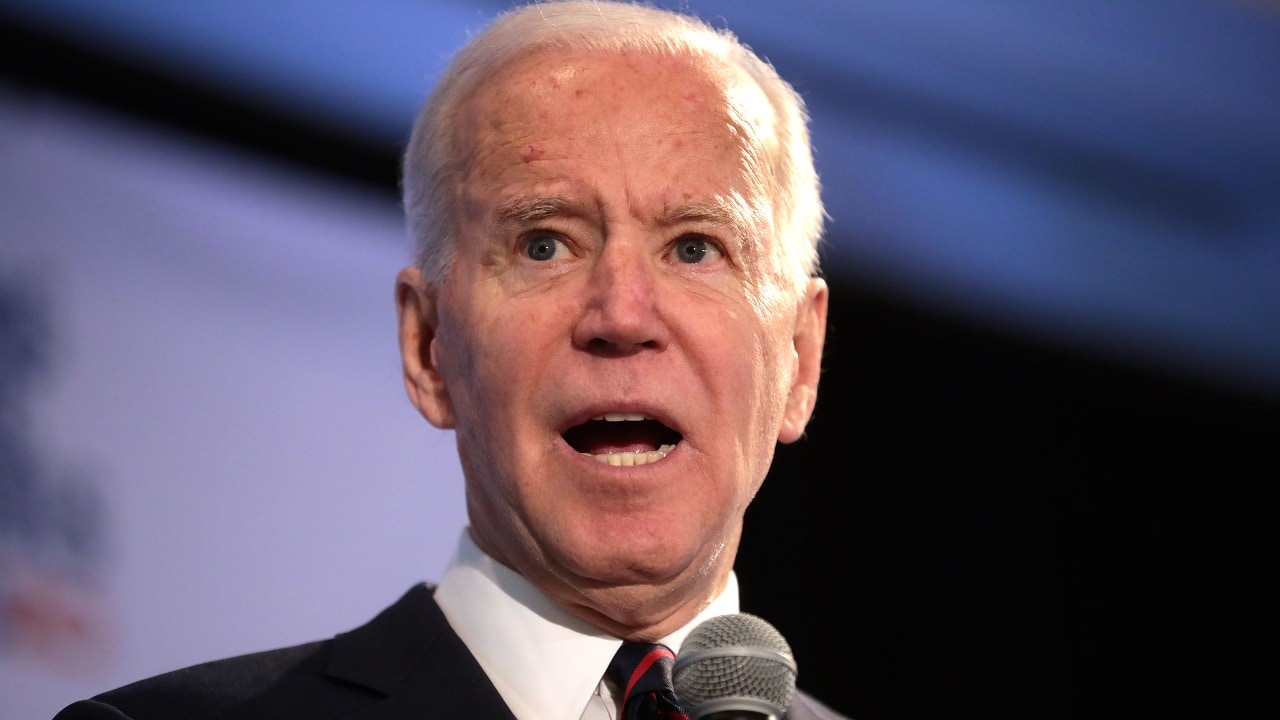By all accounts, at least to Franklin Foer, Joe Biden is the last traditional, old-school politician in Washington.
Foer, in his book “The Last Politician”, takes a well-sourced look at Biden’s first two years in office, and offers the thesis that the president is getting much less credit than what he is due.
Foer says that while he initially began as a skeptic of the Biden administration, the initiatives and programs the government, especially in the wake of the Coronavirus pandemic, like the American Rescue Plan – which gave Americans a financial boost during the economic downturn caused by the pandemic – as well the government’s vaccination drive that saw 100 million Americans receive vaccines in the administration’s first 100 days.
He also listed the bipartisan passage of stronger gun regulations laws – admittedly the first of its kind in more than 30 years – as well as additional legislation that expanded the country’s infrastructure and manufacturing capabilities, as other impressive feats accomplished by the Biden administration.
The author also portrays Biden as a “father figure” of sorts for the Western powers, whose sheer stubbornness seemingly manages to get more things done. “The old hack who could,” Foer says of the legacy Joe Biden will likely leave behind.
Bidenomics Isn’t Working
It’s easy to cite talking points like policies implemented or initiatives launched, but the bottom line is the purported benefits of Bidenomics isn’t really felt by the average American. The prices of commodities continue to be higher than normal, not to mention the pain of pulling up at the pump to gas up.
Wages are the same, and while the administration touts low unemployment numbers, thousands of job seekers still send out hundreds of resumes everyday and receive hundreds of rejection letters in turn – just look at the current job boards, or ask the auto workers who are still on strike. And that’s beside the baggage brought to the table by the legal woes of his son, Hunter.
The book may also try to minimize the impact or importance of polls – all of which continue to show dismal approval ratings for the president – but the results of polls don’t just pop up out of nowhere. At the very least, it reflects the sentiments of a significant segment of the American electorate. It’s disingenuous to dismiss the results of polling just because the administration has managed to tick off boxes in its to-do list.
Shouldn’t the end goal of governance – at least in a pluralistic and democratic society like America – be to trickle down economic benefits to all Americans, regardless of their social standing?
Because as things stand, the better economics on paper seems to only translate to better lives for people who already live good lives to begin with. The middle class and below continue to work hard while the government seemingly continues to ignore their needs.
Joe Biden may indeed be the “last politician”, as Foer says, but that doesn’t necessarily mean that it’s a good thing.
Tim Ramos has written for various publications, corporations, and organizations – covering everything from finance, politics, travel, entertainment, and sports – in Asia and the U.S. for more than 10 years.

